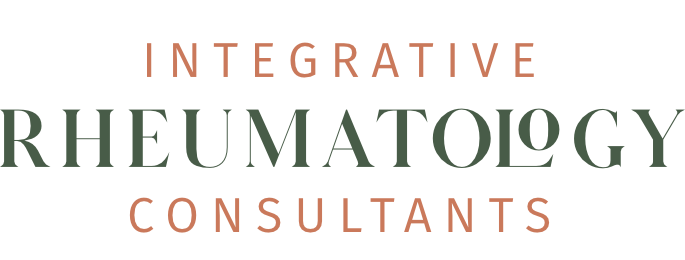Why your joints still hurt even though you're taking medication for your autoimmune disease
One question that I am asked over and over again is “Why am I still tired and achy if I’m taking medication?”
While no two autoimmune diseases are alike, there are some common problems relevant to all which result in fatigue and joint pain.
The end organ damage (the joint in rheumatoid arthritis or the kidney in lupus), is being addressed, but the underlying processes that triggered the disease in the first place are still in place. This is where integrative medicine can be really helpful. Taking a deep dive into your lifestyle habits, toxic exposures either from the environment or from your diet, your sleep patterns, and just how aware you are of your body in general is key to understanding what happened in the first place and fixing it.
Pharmaceutical medicine may not be enough. The addition of botanical medications to pharmaceutical medication can be very powerful in alleviating symptoms of joint pain and fatigue. Do not do this on your own. A doctor needs to monitor for side effects, drug-herb interactions, and liver toxicity.
Painful, early, childhood events are associated with chronic pain and fatigue. Medication can help, but therapy and mind-body medicine is often needed to address the root problem and move through it.
The underlying syndrome is undertreated, or the original medication prescribed, is no longer working. As a rheumatologist, I see this a lot with both biologics and DMARDS. Autoantibodies can form against medication and render them ineffective. Also, sometimes medication stops working for reasons we don't understand. A common phenomenon is that if a medication is stopped, and then restarted, it doesn't work as well.
Discover how we can help you return to a better state of health.
“Dr. Landis took the time to figure out what triggered my rheumatoid arthritis, and what was keeping it going. She helped me get my health back.”


